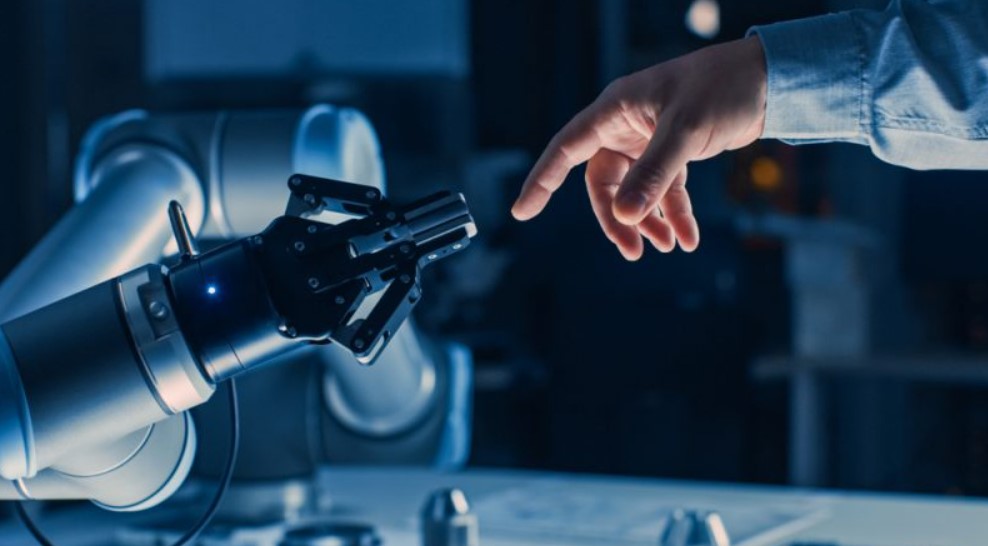
Robots may conjure up images of sci-fi-inspired, humanoid automatons in our minds. Even though these machines are mostly fictional, there are many other types of robots in use today. There is no doubt that robotics is one of the fastest-changing fields of technology, with a profound impact on transportation, work, and adventure. Peripheral advancements in AI, computing, and IoT are helping to propel things to new heights. Advancements in robotics have brought several innovations that are likely to have a significant impact on our daily lives.
What Are Robots And Robotics?
Many of us are familiar with the concept of robots, but it can be difficult to tell them apart from other types of machines. In contrast to other machines, robots interact with their surroundings differently. Through their actions, they can alter their environment and respond to the world around them. A robot is an autonomous tool that can sense, reason, plan, and act on its own. In addition to performing tasks autonomously, they can also mimic human actions and extend human capabilities.
The science of robotics is the design and construction of robots. It is an interdisciplinary field that encompasses computer science, engineering, and technology. Robotics professionals are responsible for the design, construction, operation, and application of robots. Traditionally, robotics has been concerned with developing robots that perform simple or repetitive tasks at scale, or that function in hazardous environments where humans cannot. We may see an increase in human-to-robot interactions in the future as a result of recent advances in machine learning and artificial intelligence.
The Future Of Robotics: What’s The Use Of AI In Robotics?
Artificial intelligence (AI) improves human-robot interaction, collaborative effort, and quality. Co-bots, which are robots that serve alongside humans to perform testing and assembly, are already in use in the industrial sector. AI advancements allow robots to mimic human behaviour, for which they were initially created. As robots become more intelligent and act more like humans, they will be able to provide a level of efficiency and integration that is unmatched by humans.
Machine Learning and Artificial Intelligence breakthroughs will continue to advance sensor technology so that robots will evolve from simple machines to collaborators with cognitive functions. The advancements in these fields, as well as those in related fields, will benefit robotics greatly.
How Robots Will Change The Business World?
It is more likely that less human labour will be needed to weld automobile frames, however, there will be greater demand for skilled technicians to programme, maintain, and repair the machines. Employees may benefit from valuable in-house training and upskilling in many cases, giving them a set of skills that can be applied to robot programming and maintenance, as well as other fields and industries. There will be an increasing number of highly sophisticated robots working alongside humans in more areas of life in the coming years. With the advent of new technologies, industries rise and fall, and some become obsolete, creating new jobs and educational opportunities.
To Conclude
Robots will boost productivity and economic growth while also opening up new career opportunities for millions of people worldwide. However, because of the consistent levels of precision that robots provide, we can anticipate robots handling more of the labour-intensive, redundant manual labour tasks, improving transportation, improving healthcare, and freeing people to improve themselves. A business set up in Dubai with healthcare, transportation, or other industries can bring a lot of benefits since Dubai is a tech-driven country and is always on top of market trends and technology.
